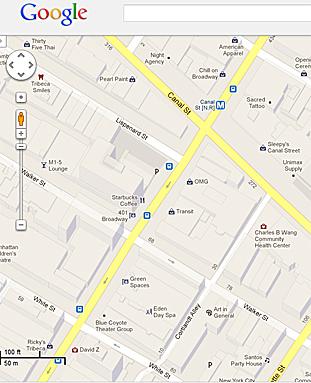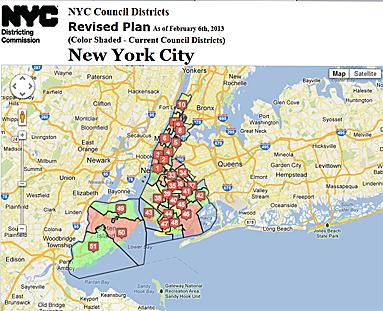Facebook peer pressure that came in the form of a banner message showing U.S. users’ friends who voted pushed a third of a million people to cast their ballots in the 2010 Congress elections, new research shows.
Around 61 million U.S. users were shown the message and were prompted to click on an “I Voted” button to post a Facebook message informing their friends they did so, said a study released Wednesday from the University of California–San Diego.
Approximately 340,000 more people, the study said, voted in the U.S. due to the Facebook message and feature during the 2010 midterm elections—good news for both the popular social networking site and politicians using it to promote their campaigns. The elections resulted in a Republican majority of the House of Representatives.
“Social influence made all the difference in political mobilization,” study lead author James Fowler said in a statement “It’s not the ‘I Voted’ button, or the lapel sticker we’ve all seen, that gets out the vote. It’s the person attached to it.”






